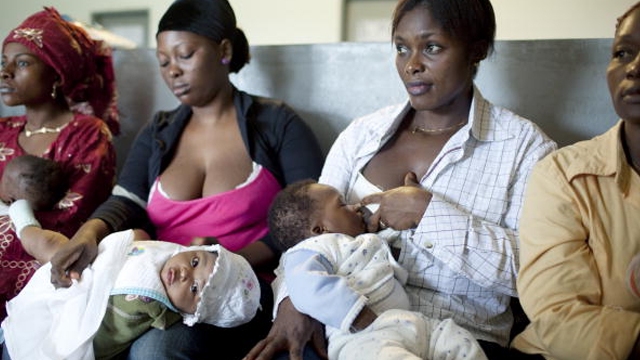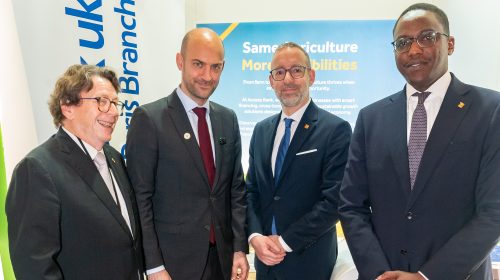World Breastfeeding Day: UNICEF Calls For Government, Others’ Support To Mothers, Caregivers
It is imperative to highlight the significance of breastfeeding for the health and well-being of children, mothers, and society at large. Breastmilk is the first vaccine and the first food that every child receives at birth. Breastfeeding stands as a crucial pillar in safeguarding infants against life-threatening infections, supporting optimal brain development in children, and reducing the incidence of chronic childhood and maternal illnesses, ultimately lowering healthcare costs.
Breastmilk is not just a super-food and vaccine, it is also a smart investment. Global analysis reveals that elevating rates of exclusive breastfeeding could save the lives of an astounding 820,000 children under the age of five annually, generating an additional income of US $302 billion. In Nigeria, improved breastfeeding practices could save over 100,000 children’s lives each year, save US$22 million in health care treatment costs related to inadequate breastfeeding, and generate an additional US$21 billion for the economy over children’s productive years by increasing cognitive capacity and preventing premature mortality in the early years. There is evidence today that every 1000 Naira invested in supporting breastfeeding can yield an estimated 35,000 Naira in economic returns for Nigeria.
While I acknowledge significant strides made in the past two decades in Nigeria to increase exclusive breastfeeding rates, it remains evident that more needs to be done. Presently, only 7 out of 36 states provide six months fully paid maternity leave and only 34 percent of children aged 0 to 6 months are exclusively breastfed as recommended by UNICEF. Nigeria is still far from reaching the World Health Assembly 70 percent target by 2030.
Presently, women make up 20 million out of the 46 million workforce in Nigeria; 95 per cent are within the informal sector, while the formal sector only employs 5 per cent. Shockingly, only 9 per cent of organizations have a workplace breastfeeding policy, with only 1.5 per cent in the public sector. Women in the informal sector have nearly no support for breastfeeding.
To facilitate progress, it is essential for governments and businesses to play their part by providing the necessary support to mothers and caregivers. It is important to have policies that support breastfeeding, such as paid maternity leave for six months , as well as paid paternity leave, flexible return-to-work options, regular lactation breaks during working hours and adequate facilities that enable mothers to continue exclusively breastfeeding for six months, followed by age-appropriate complementary feeding while breastfeeding continues to two years and beyond.
In conclusion, investing in breastfeeding support policies and programs in all settings, especially during crises and in food-insecure regions, is crucial to ensure the well-being of our children and the progress of our society. Let us collectively work towards a future where breastfeeding is supported and embraced by all, resulting in healthier generations and a thriving Nigerian workforce.
Let’s make breastfeeding at work, work!








Leave a Reply